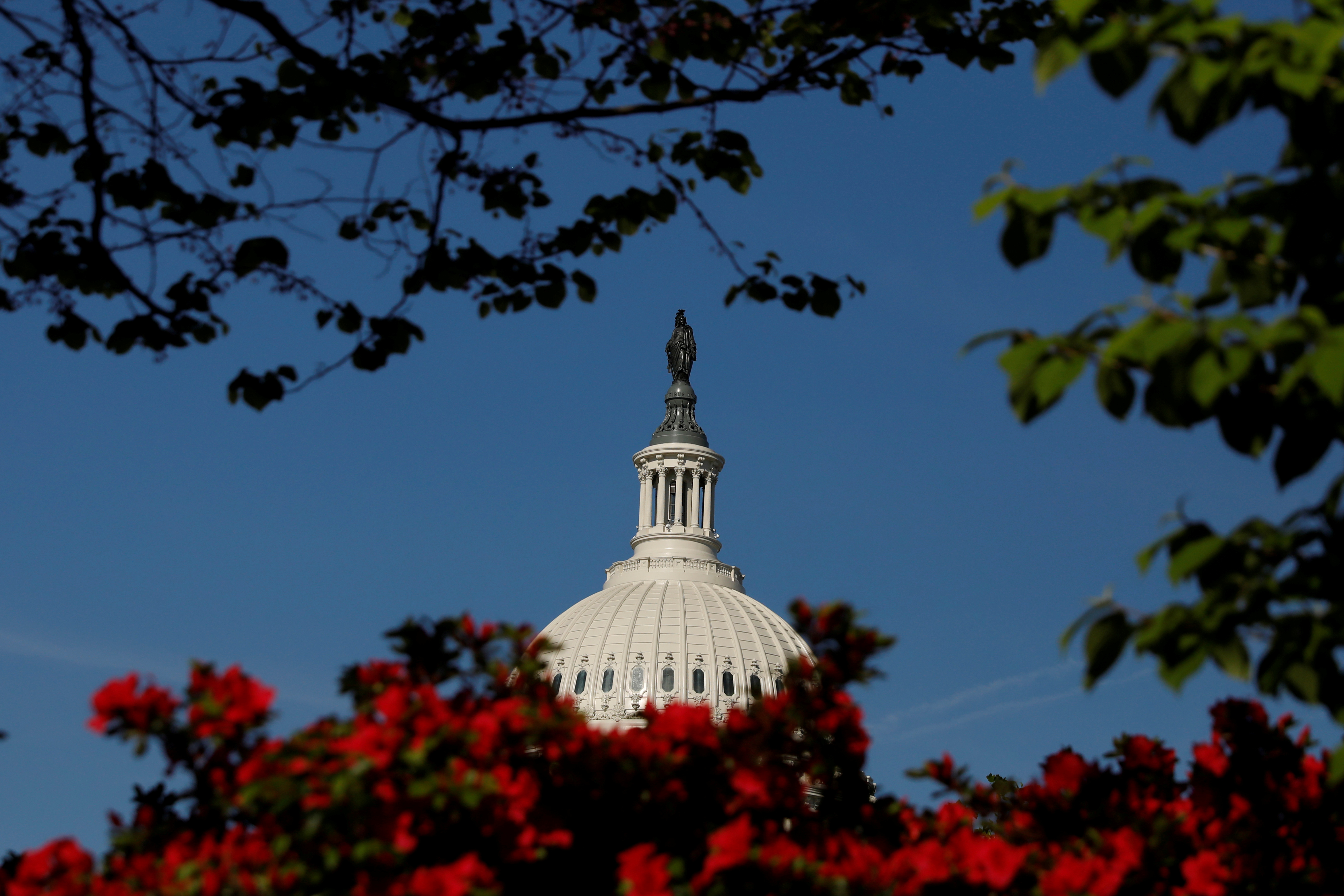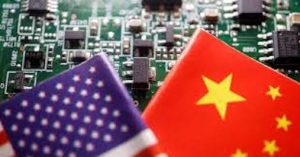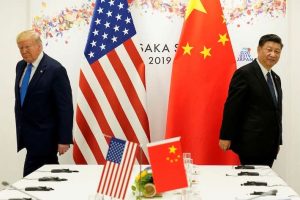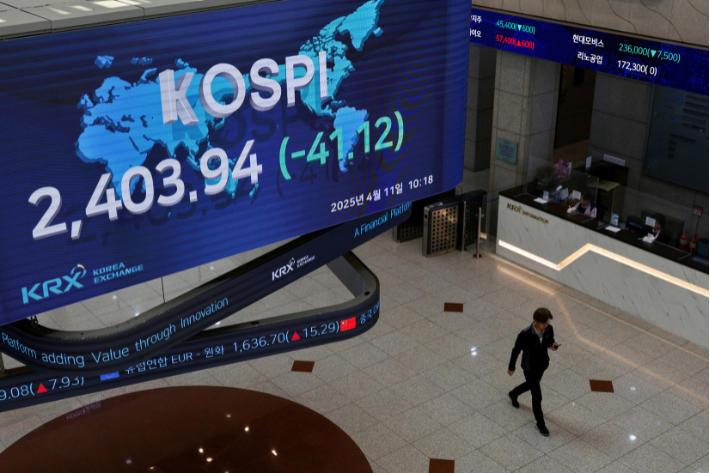(ATF) Following the coronavirus outbreak, renewed tensions between the US and China have complicated the delicate détente that both countries reached through the tenuous Phase I Trade Agreement – which halted the pattern of escalating tariffs and offered some incremental reforms to Chinese market practices.
With the economic fallout caused by Covid–19 and a looming presidential election, the Trump administration lost its ability to campaign on an expanding economy and record-low unemployment. Instead, the White House and the Republican Party have shifted their campaign platform to focus on a “strategic adversary” – China.
Though the Trump administration has been critical of China throughout its tenure, the Republican Party now sees “tough on China” rhetoric as a mobilising campaign message for President Trump’s voters. This strategic shift plays on a long-running structural tension between the two countries with fundamental differences in governance, economic planning, and geopolitics.
After normalising trade relations and advocating for China’s admission to the World Trade Organisation in 2001, the US engaged with China under the premise that market openness would spur democratisation and economic liberalisation. But after continuous instances of stolen intellectual property, forced joint venture agreements, and tighter censorship and power consolidation by President Xi Jinping, Republicans and Democrats have grown critical of the United States’ relationship to China.
In the near-term, escalating rhetoric from the Trump administration has called into question the security of the Phase I Trade Agreement, while all-but-halting expectations for any semblance of a “Phase II” Agreement. With an election on the horizon, we could see President Trump galvanise his core voters by calling the deal into question, or by ramping up restrictions related to critical technology and immigration.
Biden’s concerns
President Trump’s contender in the race, Vice President Joe Biden, has also called for changes in the United States’ relationship with China. Biden’s central concerns are twofold: halting expanding authoritarianism and creating consistent accountability for economic and geopolitical malpractice. Biden has been critical of the Chinese government’s efforts to consolidate regional power, as well as its human rights abuses in Xinjiang. He has called out corporate cooperation in surveillance efforts and threatened economic sanctions for any infringement upon US citizens’ and entities’ civil liberties.
Though Vice President Biden will be more likely than President Trump to approach foreign policy through multilateral partnerships – leveraging US allies in negotiating with China – a Biden administration will still call for a structural shift in US-China foreign policy. Given the entrenched discord between the two countries on core issues, there are several facets of the US-China relationship that will remain fraught – no matter who occupies the White House in 2021.
Critical technology, a long–standing concern in the US–China relationship, has become a long-term regulatory concern within US national security and economic agencies. Given competition in cutting–edge technologies like 5G, the US has pursued policies that will both protect and incentivise next–generation industrial dominance while addressing crucial national security concerns.
The US Commerce Department recently adopted regulations aimed at securing the supply chains of technologies like semiconductors from Chinese government interference. These rules – combined with tighter restrictions on the Chinese telecommunications giant Huawei – send a clear signal: The US will continue to impose policies that will foster a critical technology advantage, while protecting the US’ national security and economic interests.
Meanwhile, Congress has introduced several bills in response to China’s initial handling of the coronavirus outbreak, as well as its recent actions in Hong Kong – including a reparations and sanctions act against officials connected to the coronavirus response, legislation removing China’s sovereign immunity against lawsuits, and new legislation linked to the disruption of Hong Kong’s autonomy. Though few may become law, these bills indicate a clear legislative trend likely to continue well beyond 2021.
‘Re-shoring supply chains’
Additionally, the coronavirus has renewed conversations about the “re-shoring” of supply chains, beginning with those critical to fighting Covid–19. Congress and the White House are actively developing incentive packages to encourage certain manufacturers of personal protective equipment and other medical supplies to return production to the US, as well as to attract a broader swath of industrial production.
Sector–wide re-shoring will take decades of continuous government support and strategic planning by companies, regardless of industry. Nevertheless, we expect these conversations are very likely to continue into the next several administrations.
The US has also identified financial markets as a battleground against China – for reasons related to both national security and market openness. For years, the Public Company Accounting Oversight Board (PCAOB) has flagged “China-Related Access Challenges” that have hindered the agency’s capacity to gain “complete and timely access” for inspections and investigations of Chinese public companies.
In an effort to bolster the US capacity to audit these firms, the Senate passed the Holding Foreign Companies Accountable Act (HFCA), which would require the public companies to disclose if they are “owned or controlled by a foreign government” such as the Chinese Communist Party, and would give a company three years to comply with PCAOB audits – or risk delisting from US exchanges. Though the measure’s future is uncertain, key members of Congress are committed to heightening the regulatory risk profiles of Chinese firms.
Though the flurry of anti–China action within the US government may have been catalysed by the politics of the coronavirus, the critical issues that have resurfaced will not fade in the short term. In fact, they may define the conversation in the inevitable next round of negotiations – diplomatic or economic – between the US and Chinese governments.
By Katie Deal, Washington Analyst at the US Equity Division of T Rowe Price
© 2020 T. Rowe Price. All rights reserved.
























